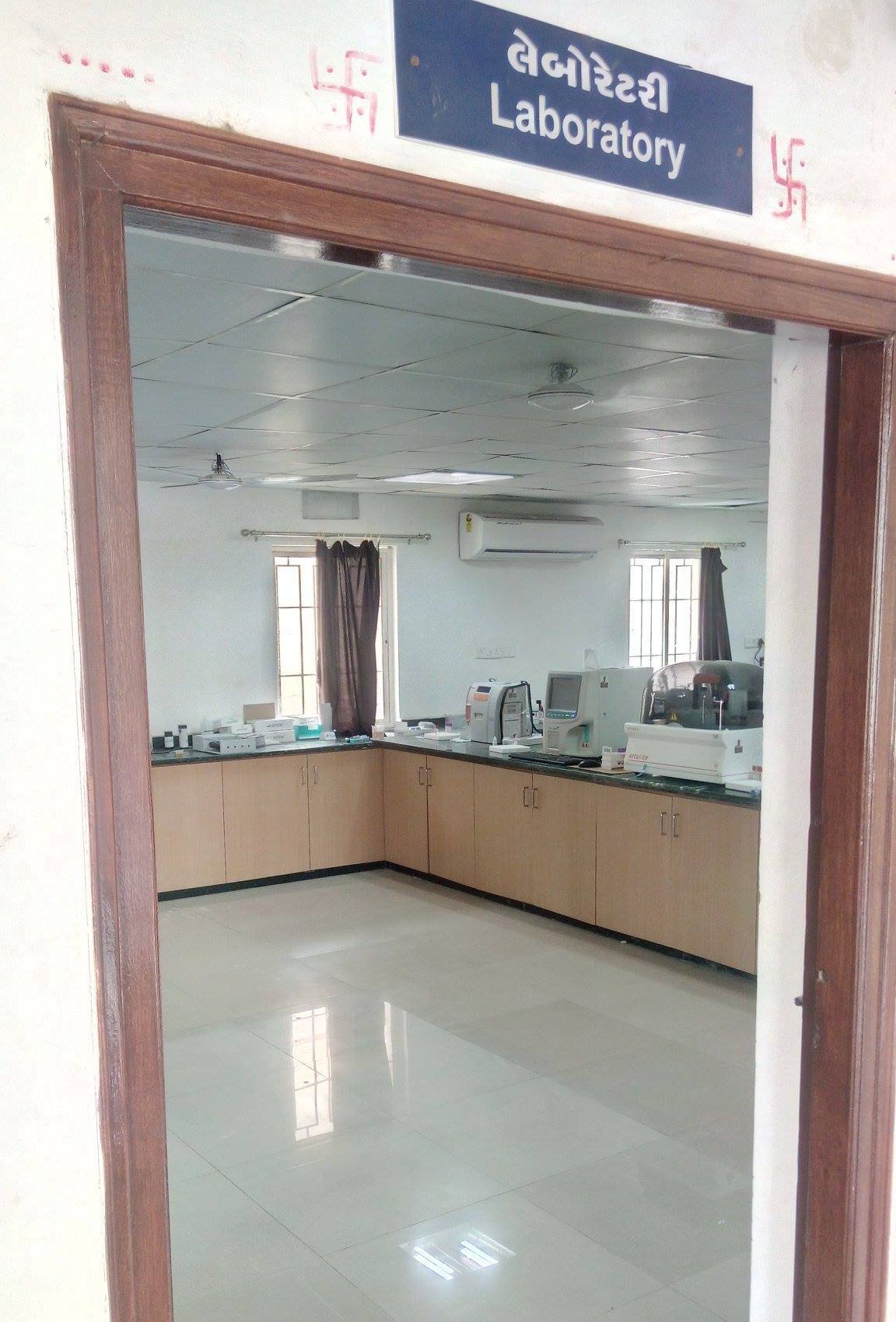
- 074348 42144
- jbhospital17@gmail.com
- Mon - Sun 8:00 AM- 8:30 PM

PATHOLOGY LAB
The term pathology itself may be used broadly to refer to the study of disease in general, incorporating a wide range of bioscience research fields and medical practices (including plant pathology and veterinary pathology), or more narrowly to describe work within the contemporary medical field of "general pathology," which includes a number of distinct but inter-related medical specialties that diagnose disease—mostly through analysis of tissue, cell, and body fluid samples. Used as a count noun, "a pathology" (plural, "pathologies") can also refer to the predicted or actual progression of particular diseases (as in the statement "the many different forms of cancer have diverse pathologies"), and the affix path is sometimes used to indicate a state of disease in cases of both physical ailment (as in cardiomyopathy) and psychological conditions (such as psychopathy).Similarly, a pathological condition is one caused by disease, rather than occurring physiologically. A physician practicing pathology is called a pathologist.
As a field of general inquiry and research, pathology addresses four components of disease: cause, mechanisms of development (pathogenesis), structural alterations of cells (morphologic changes), and the consequences of changes (clinical manifestations).In common medical practice, general pathology is mostly concerned with analyzing known clinical abnormalities that are markers or precursors for both infectious and non-infectious disease and is conducted by experts in one of two major specialties, anatomical pathology and clinical pathology. Further divisions in specialty exist on the basis of the involved sample types (comparing, for example, cytopathology, hematopathology, and histopathology), organs (as in renal pathology), and physiological systems (oral pathology), as well as on the basis of the focus of the examination (as with forensic pathology).
The modern practice of pathology is divided into a number of subdisciplines within the discrete but deeply interconnected aims of biological research and medical practice. Biomedical research into disease incorporates the work of a vast variety of life science specialists, whereas, in most parts of the world, to be licensed to practice pathology as medical specialty, one has to complete medical school and secure a license to practice medicine. Structurally, the study of disease is divided into many different fields that study or diagnose markers for disease using methods and technologies particular to specific scales, organs, and tissue types. The information in this section mostly concerns pathology as it regards common medical practice in these systems, but each of these specialties is also the subject of voluminous pathology research as regards the disease pathways of specific pathogens and disorders that affect the tissues of these discrete organs or structures.
About Hospital
J.B MULTISPECIALITY HOSPITAL is a 110 bed Super speciality medical institution. This world class & highly sophisticated medical establishment offers all major medical specialities, subspecialities, investigation & diagnostics facility, rehabilitation & physical therapy care under one roof.
Get in Touch
J.B.Multispeciality Hospital
At & Po: Aniyad, Ta: Shahera
Dist: Panchmahal,Gujarat,India-389210
![]() 7434842144
7434842144
![]() jbgeneralhospital@gmail.com
jbgeneralhospital@gmail.com

